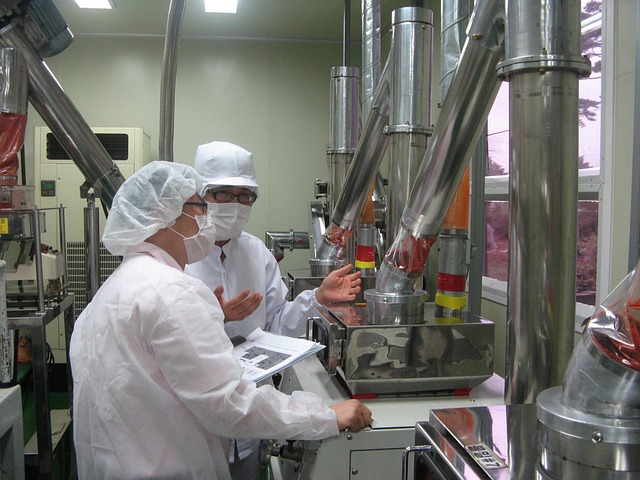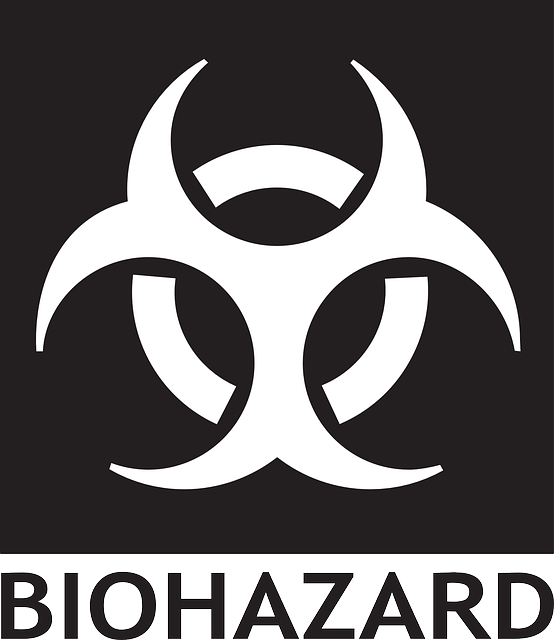Background checks are an essential component of robust premises protection checks, serving as a cornerstone for safeguarding sensitive spaces. These evaluations delve into employment history, criminal records, education, and references, with credit checks and social security verification enhancing the process. Security professionals use these data-driven decisions to mitigate risks, identify red flags, ensure legal compliance, and foster trust. The multi-faceted approach includes meticulous reviews of work performance, criminal histories, dual identities, and ties to organized crime. Rigorous background checks are legally required and vital for risk mitigation, ensuring the safety of employees and clients, and revolutionizing security culture by preventing unethical practices.
In the dynamic landscape of security, background checks are more than just a formality—they’re a cornerstone of effective premises protection. This comprehensive guide delves into the critical role thorough background verifications play in ensuring safety and peace of mind. We explore key elements essential in premises protection checks, the intricate process behind rigorous screenings, legal obligations, and the profound benefits for both security personnel and clients alike.
- Understanding the Significance of Background Checks in Security
- Key Elements to Be Included in Premises Protection Checks
- The Process: How Thorough Background Verifications Are Conducted
- Legal and Ethical Obligations for Implementing Rigorous Background Checks
- Benefits of Stringent Screening for Security Personnel and Client Peace of Mind
Understanding the Significance of Background Checks in Security

Background checks play a pivotal role in the security industry, serving as a robust foundation for premises protection. These rigorous processes are designed to uncover potential risks and ensure the integrity of both personnel and the environments they safeguard. By delving into an individual’s history, employers can make informed decisions, mitigating risks associated with hiring. This is particularly crucial when safeguarding sensitive spaces, as it helps prevent unauthorized access, identifies past behaviors, and ensures compliance with legal requirements.
Comprehensive background checks include verifying employment history, criminal records, education, and references. They also often involve credit checks and social security verification to paint a holistic picture of an applicant’s reliability. This information is essential for evaluating suitability, especially in high-stakes security roles where even a minor oversight could have significant consequences. Effective premises protection checks are not just about screening; they empower security professionals with the knowledge to maintain safe environments and foster trust among clients and visitors alike.
Key Elements to Be Included in Premises Protection Checks

When conducting premises protection checks for security personnel, several key elements must be thoroughly evaluated to ensure comprehensive coverage and mitigate potential risks. These include a detailed review of the candidate’s employment history, focusing on previous positions involving security, surveillance, or law enforcement. Verifying references from past employers is crucial to gain insights into their work ethic, performance, and any red flags that may have been overlooked during initial screening.
In addition to employment background, premises protection checks should encompass an extensive criminal history review, encompassing local, state, and national databases. This involves cross-referencing biometric data, such as fingerprints, against known criminal records to ensure the individual has no outstanding warrants or a history of violent offenses. Other critical aspects include checking for any dual identities, outstanding legal issues, or connections to organized crime, ensuring the security personnel’s integrity and reliability in safeguarding sensitive premises.
The Process: How Thorough Background Verifications Are Conducted

Background checks in the security industry are far from a superficial process; they are an intricate, multi-stepped verification routine designed to ensure the safety and integrity of both personnel and premises protection checks. The first step involves collecting comprehensive personal data, including but not limited to criminal records, employment history, education, and references. This information is then meticulously scrutinized by industry experts who can unearth even the most subtle red flags.
The depth of these investigations extends beyond digital databases; they involve manual cross-referencing with various sources, such as law enforcement agencies, educational institutions, and previous employers. This comprehensive approach to background checks guarantees that no stone is left unturned in the quest for a candid and capable security guard or personnel.
Legal and Ethical Obligations for Implementing Rigorous Background Checks

The security industry has a legal and ethical obligation to implement rigorous background checks for all personnel, especially those tasked with protecting sensitive premises. These checks are not just a regulatory requirement but a crucial step in mitigating risks and ensuring the safety of both employees and clients. With increasing concerns about potential threats and the need for robust security measures, thorough screening processes have become an indispensable tool.
Implementing stringent background checks is essential to meet legal standards and prevent any unethical practices. It involves verifying identity, criminal history, employment records, and reference checks to uncover any red flags. This process helps in identifying individuals with a history of violence, fraud, or other malicious activities, ensuring they are not employed in positions that could compromise security. Moreover, it fosters an ethical culture within the industry, promoting transparency and accountability.
Benefits of Stringent Screening for Security Personnel and Client Peace of Mind

Stringent background screening is an indispensable practice in the security industry, offering numerous advantages for both employers and clients. By implementing rigorous checks, security companies can ensure that their personnel are reliable, trustworthy, and capable of handling sensitive tasks. This process involves verifying employment history, criminal records, education, and other relevant factors, creating a robust barrier against potential risks.
One of the key benefits is enhanced client peace of mind. Knowing that their premises are protected by thoroughly vetted professionals gives clients confidence in the security measures in place. Such screening ensures that individuals with malicious intentions or a history of unethical behavior are not hired, thereby reducing the risk of security breaches and potential harm to people and property. This level of scrutiny is vital for maintaining a safe and secure environment, especially in high-risk industries.
